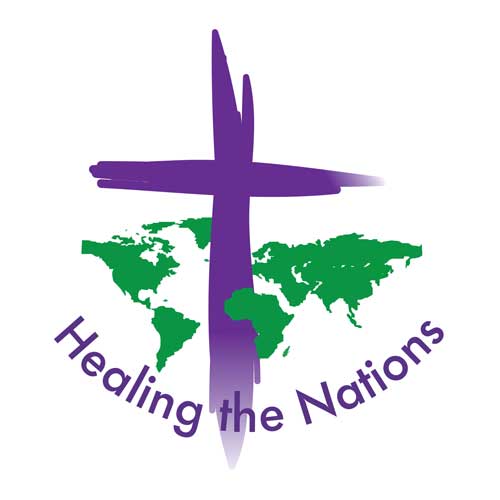FAQs
From time to time people get in touch with me for advice and answers. Over the years I have found that many of the questions are similar and I have attempted to bring them all together as an FAQ section. I hope they prove useful to you, but do get in contact if there is anything further you wish to ask.
Priority is given to countries where there has been significant conflict or division in recent years, and where there is a group of local people who have the motivation and capacity to take this ministry forward. The aim is always to equip local people to be agents of healing and reconciliation in their own countries, rather than running one-off events. The best case would be for someone in your country to attend the International School of Reconciliation in Rwanda (Look out for flyer under Events) preferably a small team of 2 or more representing the different sides of the conflict/division. They can then assess the workshop and go back to present it to various Christian leaders in your country. Someone could then possibly come and hold an introductory workshop in your country. For further information, please contact HHTNglobal.org
No, this is not the same workshop. The American Bible Society uses some of our material with our permission, but there are significant differences. We thank God for all the ABS is doing and believe the two ministries can complement each other.
We praise God for anyone He is raising up for this needed ministry. A ministry of reconciliation takes a lot of preparation, because first we must make sure we are fully reconciled to God, to others and to ourselves. We recommend that you contact HHTNglobal.org who can inform you of any training events. You would need to attend a workshop first. An International School of Reconciliation held in Rwanda every 2 years is specially recommended, which combines a workshop and a training event
The answer depends on which country you have in mind. There are HHTN’s being held in many places now, but usually in local languages, though some are held in English. The best thing would be to attend the International School of Reconciliation in Rwanda. See above. If you are wondering whether or not you can attend a workshop Rhiannon Lloyd is doing, then the answer is that she does not conduct workshops personally these days as the focus of the ministry is to train international and national teams and hand over the ministry to them as soon as possible. Her work is primarily as a consultant to the teams.
You could read my book Fire Lilies, obtainable as an e-book on Amazon kindle; or Hope of a Thousand Hills by Emily Bankhead obtainable online.
This is a huge subject which I am not able to take the time to get into. I suggest you contact your local library or check online for any information on the history and geography of the nation. To get you started, try www.gov.rw (the official government website)
For reconciliation training, see HHTNglobal.org. They do not train in trauma counselling. The Member Care department at Le Rucher, Geneva, does offer trauma counselling training, usually once per year. See www.lerucher.org for information about this. For other resources to do with trauma counselling, take a look at www.mmct.org.
Rhiannon would say, “Suffice to say that it was not planned by me at all! But I can see now that God had been preparing me my whole life. I was invited into Rwanda by Medair, a Christian relief organisation, with the idea of training the church how to cope with the aftermath of genocide. It became clear that this was not God’s plan, but that his plan was to heal the church so that the church could then become an agent of healing and reconciliation. If the church had been the church as God intended, the genocide would never have taken place. In meeting with church leaders and listening to their story the idea was born of a workshop which would help them find healing and change their attitude to the other ethnic group. And that’s where it all started.” For the full story, read her book Fire Lilies
Rhiannon’s calling was to help the church deal with national and regional conflict. HHTN Global are doing that now and that is more than enough to take up their time! Although many of the principles in their ministry can be used in varying situations of conflict, this is not the focus of this ministry.
